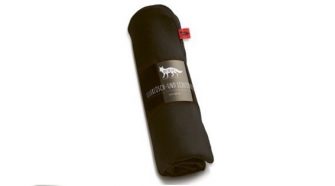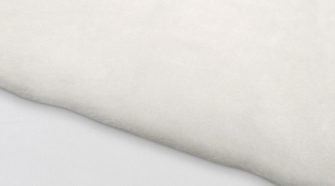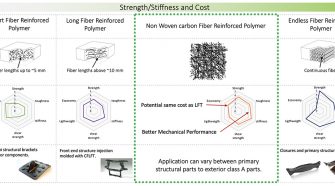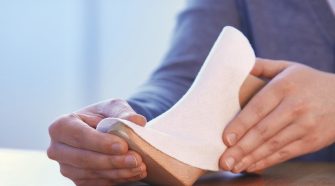
PyroTex flame- and heat-resistant fiber available for private use
The fiber PyroTex is used in areas that require fire resistance, work clothing or in filtration and is now available for private use in the form of a blanket. The …

Freudenberg unveils first 100% biodegradable padding
Freudenberg Performance Materials Apparel launched a fully biodegradable padding, comfortemp Lyocell padding, made from sustainably produced cellulose fiber that degrades in soil within just under 60 days. The material is …

Student Spotlight: Performance of carbon fiber nonwoven composites in crash tests
Sai Aditya Pradeep is pursuing a Ph.D. in Automotive Engineering in the Materials and Manufacturing Specialization at Clemson University where he is conducting research on the scalable production of thermoplastic …

Freudenberg presents nonwoven crimping material at Lineapelle 2020
Freudenberg Performance Materials presented a crimping material made from nonwoven fabric that combines high permanent moldability and shape retention with flexibility and suppleness at the Milan Lineapelle trade show in …

Devan Chemicals introduces two new bio-based textile finishes
Devan Chemicals, the Belgium-based developer of finishing technologies for textiles, launched two bio-based solutions at the Heimtextil tradeshow in Frankfurt, Germany. The company previously launched a bio-based flame retardant, Bio-flam, …

